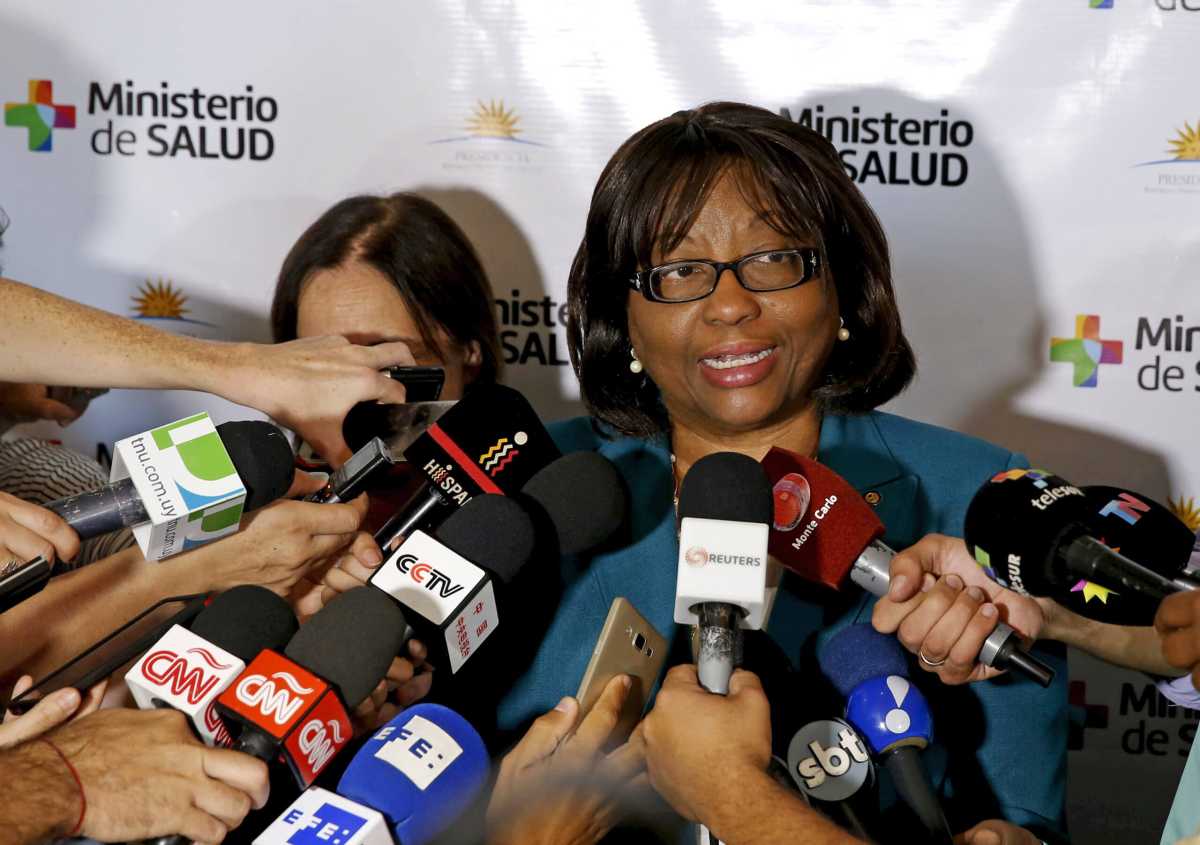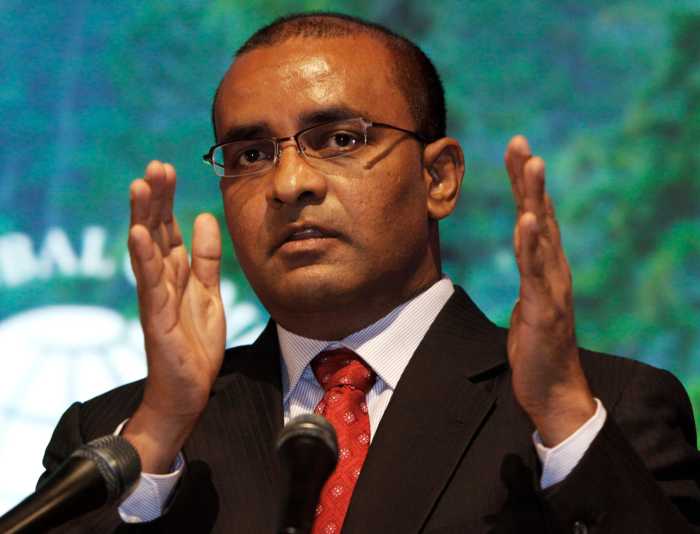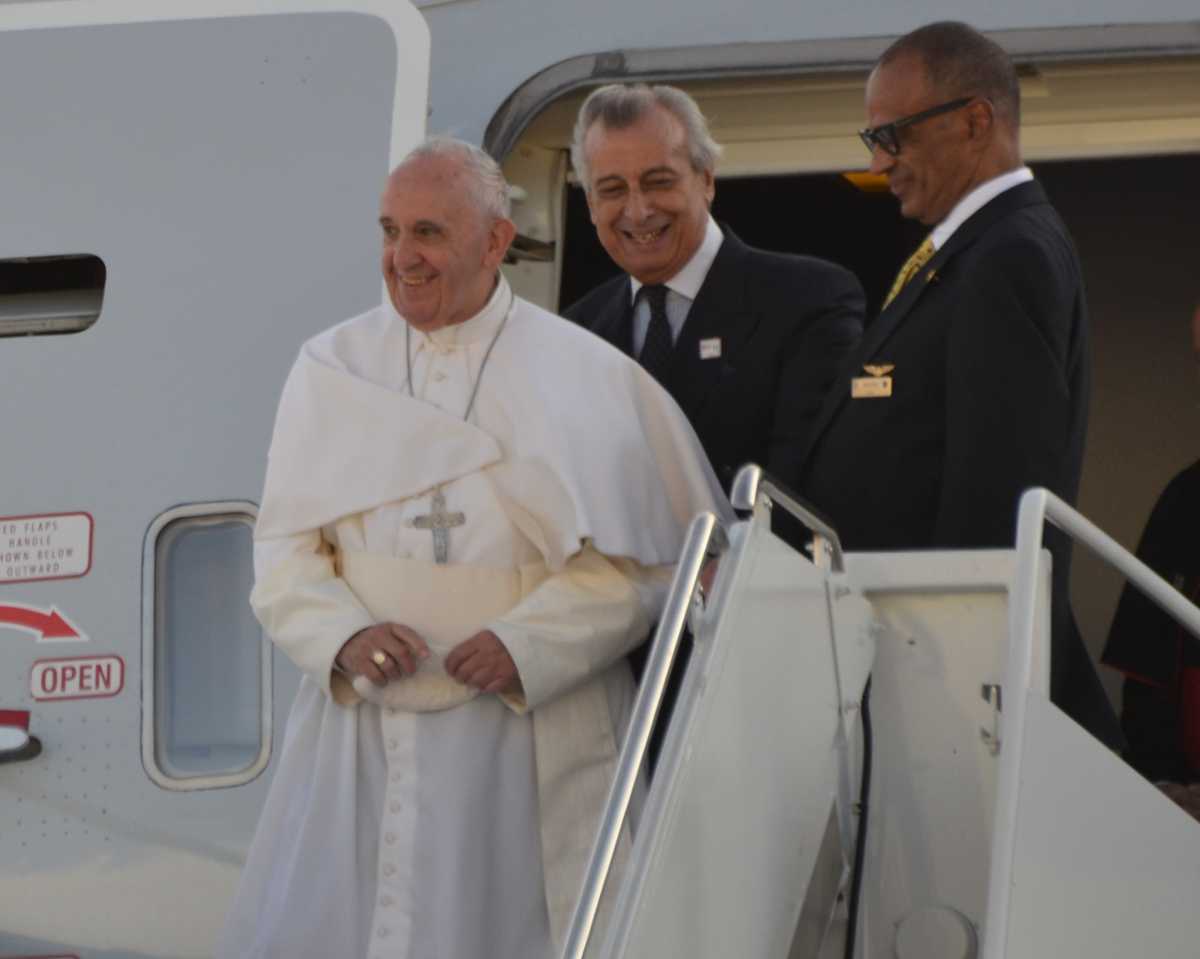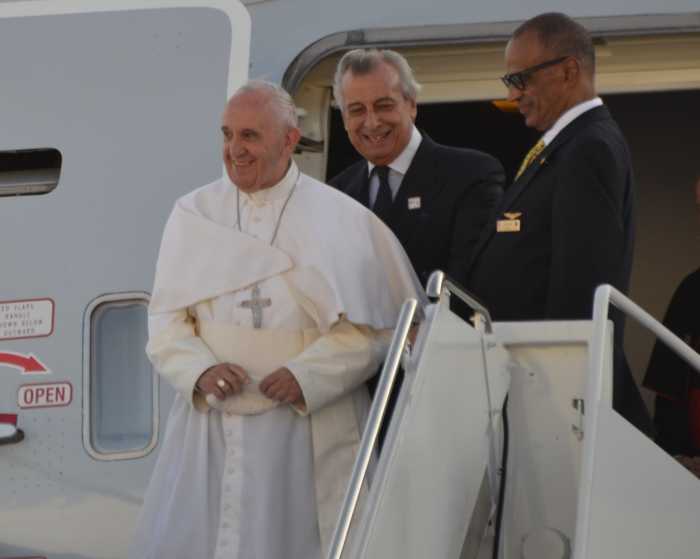BAHAMAS
The Inter-American Development Bank (IDB) said it has approved US$40 million to strengthen the health system in The Bahamas, with emphasis on improving residents’ access in the country’s smaller islands.
The Washington-based financial institution said in a statement “enhancing the capacity to provide health care by reinforcing medical facilities and providing new medical equipment, it will facilitate access and improved services to approximately 60,000 people living in nine Family Islands.”
“Improvements in the delivery of the primary health care model and hospital services and the introduction of digital health information systems including telemedicine and electronic health records in 54 clinics, will improve access and quality of health care,” it said.
The IDB said these measures will directly benefit at least 157,000 people or about 40 percent of the population of the Bahamas.
It said the loan approval follows a separate US$5 million loan by the bank’s private-sector arm, IDB Invest, approved on April 30.
CARIBBEAN
The Pan American Health Organization (PAHO) said that opening or closing borders is not a guarantee COVID-19 will not enter the country.
Dr. Ciro Urgate, director of emergencies answered several questions during a virtual press conference recently about the measures put in place by various countries to curb the increase in cases.
On the closing of borders he said, “The virus is already internally and depends on the capacity for health care and internal control.”
He said there will continue to be high and low seasons of contagion.
PAHO director Dr. Carissa Etienne said, “Although we are seeing some relief from the virus in countries of the Northern Hemisphere, for most American nations the end is still a distant future.”
She was also critical of the low number of people vaccinated in the region.
GUYANA
The US Agency for International Development/Eastern and Southern Caribbean Mission (USAID/ESC) and representatives from the Caribbean Community Climate Change Center, the Caribbean Institute for Meteorology and Hydrology (CIMH) and the Caribbean Disaster Emergency Agency (CDEMA) recently signed a Memorandum of Understanding (MoU) at the Caricom headquarters in Guyana.
The signing of the MoU occurred during the virtual opening ceremony of USAID)/ESC’s regional climate symposium Refresh, Renew and Re-pivot to Action.
The MoU reaffirms the long-standing partnership between USAID and leading climate change entities and further recognizes the urgent need for climate action in the Caribbean region.
The MoU was witnessed by Sarah Lynch, US ambassador to Guyana and CARICOM and Irwin La Roche, secretary-general of CARICOM.
JAMAICA
Tourists visiting Jamaica since the sector was reopened one year ago have spent more than US$1 billion.
This was revealed by Minister of Tourism, Edmund Bartlett recently, who said preliminary figures indicate that since the reopening of the tourism sector on June 15, 2020, Jamaica has recorded a total of 816,632 stopover visitors and generated earnings of approximately US$1.31 billion over the one-year period.
Bartlett said this is further proof that the tourism sector is on a steady path of recovery and that for the calendar year, the tourism industry is forecasting to deliver 1.61 million visitors against an earlier estimate of 1.15 million, an improvement of 460, 000 more visitors.
He noted that the tourism recovery is on the horizon adding that the sector is rising like a ‘Phoenix from the ashes.’
Bartlett said that the improvement is due in part, to the development of robust health and safety protocols for the sector as well as the establishment of the Tourism COVID-19 Resilient Corridors, which have seen a very low infection rate of 0.6 percent.
ST. VINCENT
Prime Minister Dr. Ralph Gonsalves said the impact of the COVID-19 pandemic and recent eruption of the La Soufriere volcano on the island’s education system, will only be felt in 10 years.
According to Gonsalves, it is important for students to return to the classroom as soon as possible.
He added that by the middle of this century, most of the nation’s 40-year-olds would be significantly affected by what is taking place today.
the prime minister said the nation is already seeing the problems of those who have missed out on the education evolution.
Face-to-face classes in St. Vincent and the Grenadines are yet to resume this year, as a spike in COVID-19 cases last December forced the closure of schools after the Christmas break.
Students were scheduled to return to the physical classroom on April 12 but the explosive eruption of the volcano has placed that on hold, as many of the nation’s schools were used as emergency shelters.
Gonsalves told a press conference recently that there is anxiety for people to get back home but the government will not force people from shelters.
The prime minister expressed fears that some students will not return to school.
TURKS AND CAICOS
The Royal Turks and Caicos Islands Police Force says it is seeking to identify 20 bodies that were found floating off the coast recently.
Commissioner of Police, Trevor Botting said plans are also underway to contact families of those found on board the boat, describing the gruesome discovery as “a human tragedy and a distressing scene.”
The police said that the 20 “unexplained” human remains were found in the Turks and Caicos Islands waters by a group of fishermen, who spotted the vessel and alerted the marine police.
The boat was later towed to shore where authorities discovered the bodies.
In May, Trinidad and Tobago authorities confirmed that a vessel found near Tobago with 14 bodies, a skull and skeletal remains, had originated in Mauritania.
TRINIDAD
Prime Minister Dr. Keith Rowley said all is in place for the reopening of Trinidad and Tobago borders later this month.
But this will depend on the level of COVID-19 infections that have been slowly but steadily decreasing over the past weeks since the State of Emergency and curfew restrictions were lifted, he said during a press conference.
Last week, Attorney General Faris-Al-Rawi passed legislation to increase the penalties for people trying to give false information about their vaccination status or COVID-19 results information.
Parliament passed a law to impose a fine of TT $350,000 (US$50,000 or one year in jail for any traveler who gives false information about their COVID-19 or vaccination status.
Speaking in the Senate in Port of Spain last week, Al-Rawi noted that the government had issued quarantine protocols for people entering Trinidad and Tobago when the borders open on July 15.
He said there is a maximum fine of TT $250,000 and six months in jail as a summary offense or a maximum fine of TT$6,000 or six months imprisonment for any breach of the COVID-19 regulations.
The AG explained that this does not mean every breach gets TT$350,000, adding it is the maximum penalty, but it will be up to the discretion of the judge.
— Compiled by Azad Ali
























